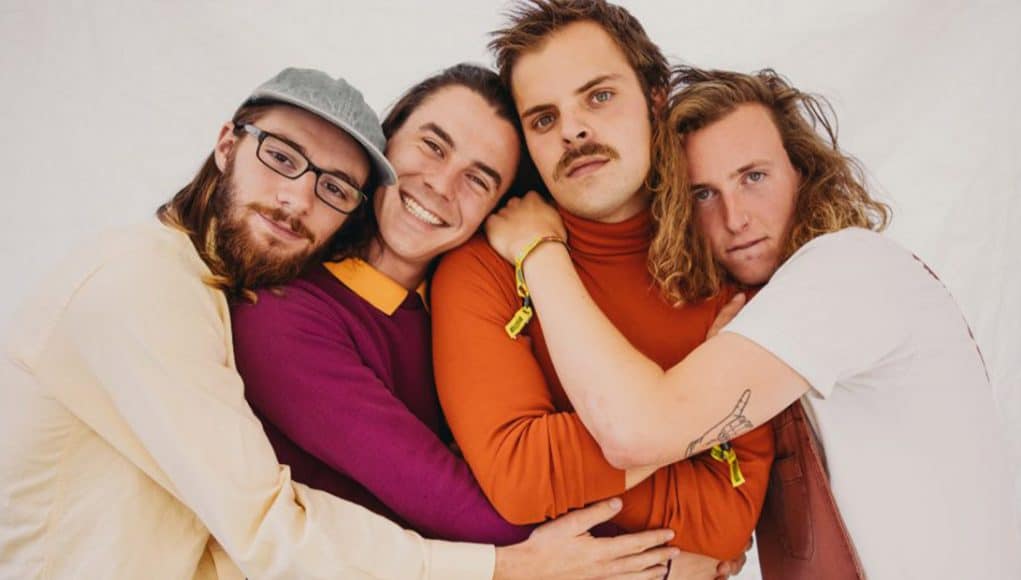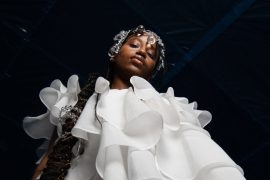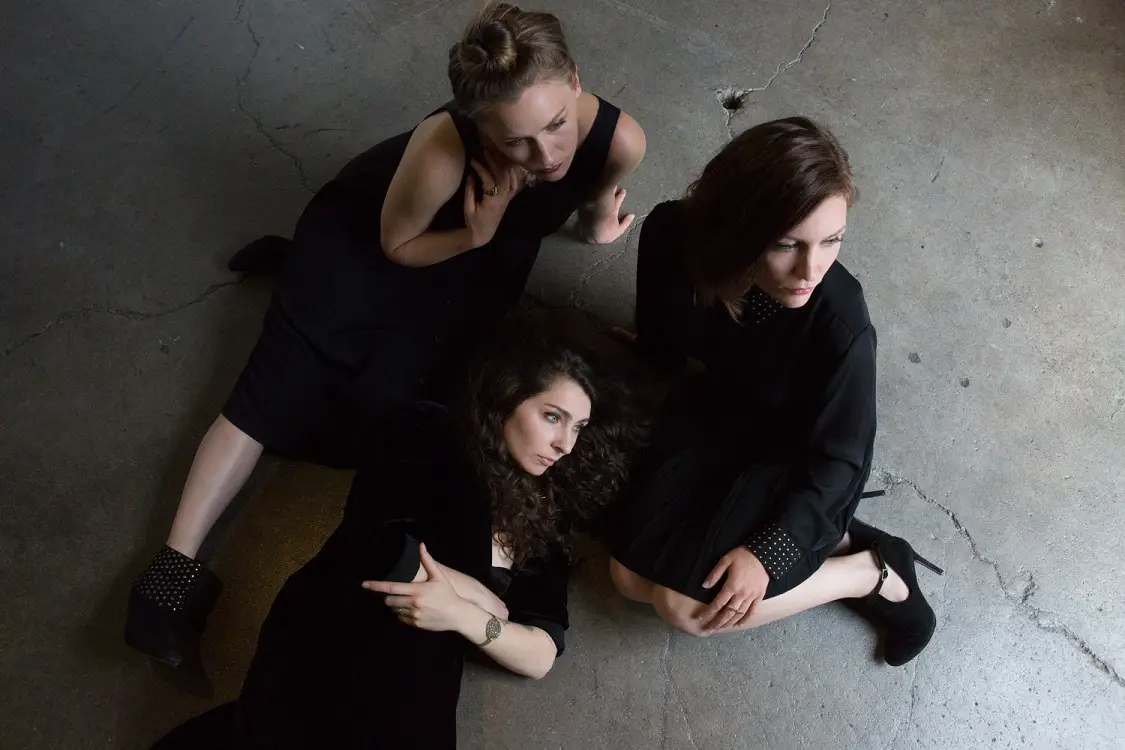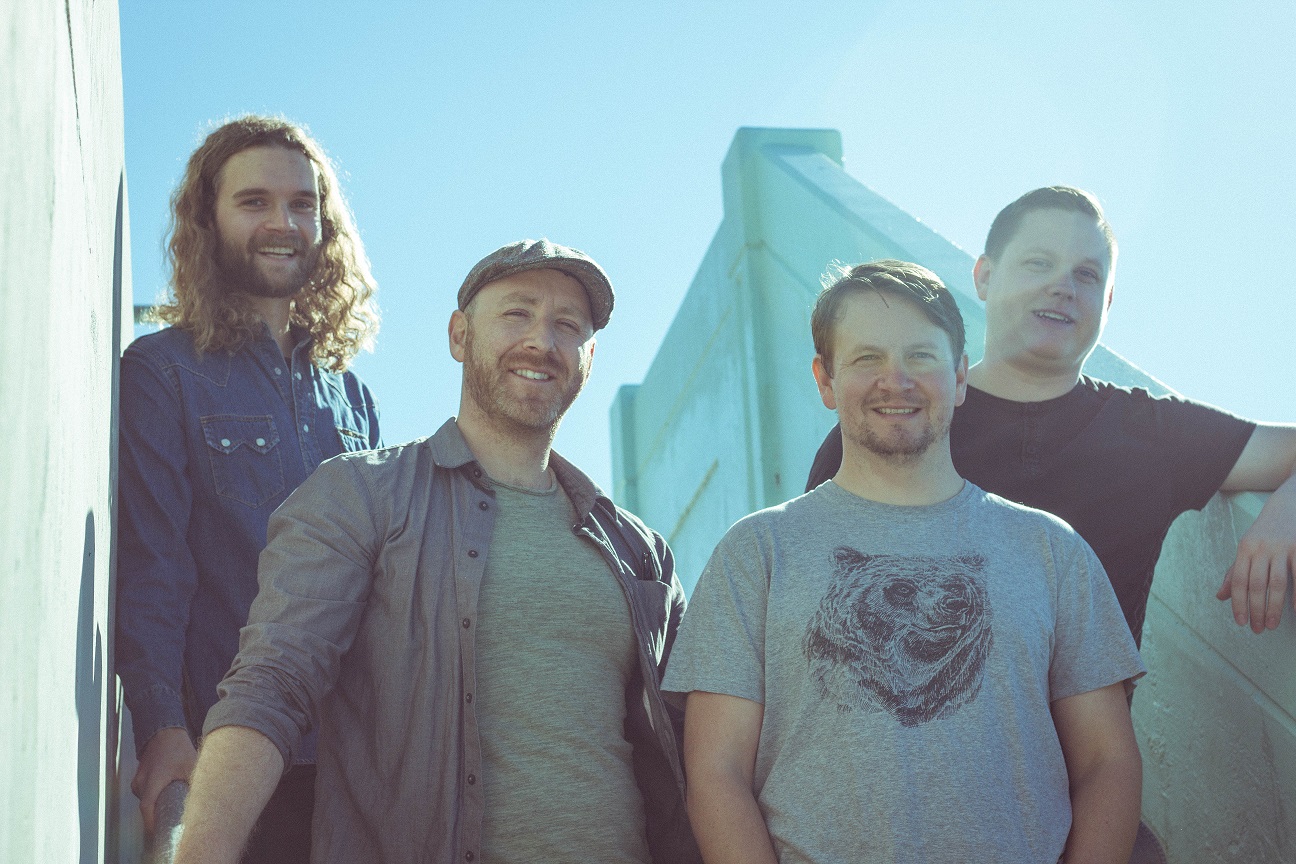With an exuberant and unapologetic disposition, Conan Gray emerges with his debut EP Sunset Season, making music on his terms and committing to a holistic relationship with his audience.
— —
With undeniable talent and a vivacity for life, Conan Gray is becoming one of the most visible artists emerging in music today. The 20-year-old recently released his much-awaited debut EP Sunset Season (11/16/2018 via Republic Records), and as he’s done before, Gray. Much like Troye Sivan, Gray has an exuberant and unapologetic disposition. He and his predilection for primary colors, make the music he wants to listen to, and if you don’t like it, don’t listen.
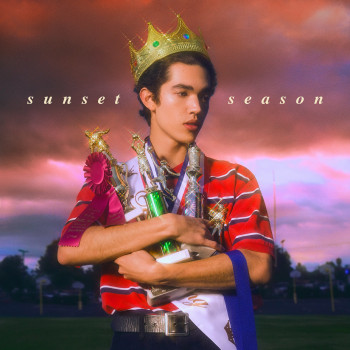
Sunset Season, at least in its single releases, presents a similar sentiment to a number of Generation Z’s artists, including girl in red and Willow Smith: A perception of life that feels drowned in the persecutions and perceptions of the two previous generations. In “Generation Why,” Gray explores growing up and what happens when the juvenile idealism of your future inevitably fades. His ideology is exemplified in the lyrics, “so do you wanna do what we always do? Talk about how fast we grew, and all the big dreams we won’t pursue.”
“Generation Why” contributes to a greater discussion of the self-endowed nihilism that comes with being a member of today’s youth. Gray vehemently beats his audience over the head with his chorus, “‘Cause we are the helpless, selfish, one of a kind, Millenium Kids, that all wanna die. Walking in the streets with no light inside our eyes. We are the worthless, cursed with too much time.” He is basically screaming out for society to close their mouths, so he and others his age can go back to their own coming-of-age self-loathing. This lyricism, combined with his seemingly annoyed cadence, is nothing short of brilliant.
EP opener “Idle Town” was released and produced by Gray on his YouTube channel before the EP’s release. For a track he wrote in the shower, it sets up tone, style, and irrefutably provides some much-needed levity. “Idle Town” speaks on Gray’s coming-of-age as a Texas native. Specifically, he sings about the fond memories of seeing friends, and the landscape of his tiny town – one he knows he’ll have to leave eventually. “We all vowed that we wouldn’t stay, kissing signs on the interstate. All we do for now is sit and wait.” In those lyrics there is a charming bittersweetness; you have friends and memories, but you know it cannot be permanent. Gray reminds listeners he is grateful for the time and the friends he made, but is hyperaware of his inevitable departure. The track concludes with, “Yeah, I think I we’ll all be okay (In our Idle Town). The Idle Town will stay as it stays (In our Idle Town). And everyone I love’s in this place (In our Idle Town). So curfews at midnight, we watch the sunrise.” It seems more methodical and poignant to put “Idle Town at the beginning of the EP, opening with niceties amongst the nihilistic overture to come. No one knows Gray’s vision better than him.
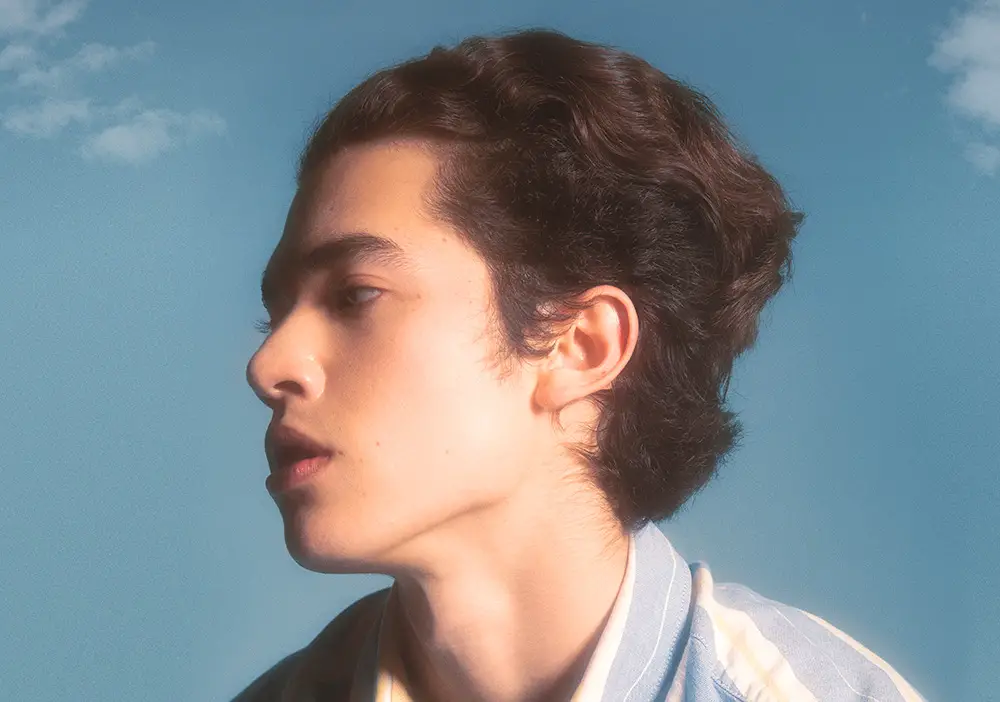
Something particularly fascinating about Gen Z’s art is the innate juxtaposition within it. For the most part, these young writers love an artsy minimalism that includes neon lighting and bubble letters, but in their demeanor they lean toward darkness and often come off as completely pessimistic. (Roy Blair’s Cat Heaven album also comes to mind).
Gray’s pessimism reaches an all-time peak in the iconic “Crush Culture.” The EP opener presents a narrative song about people falling in lust all around you, and being incredibly bitter about it. Gray’s lyrics range from “No one’s gonna call you, quit checking your volume” to “Shut your damn mouth… no one cares if you two made out.” The lyrics themselves may seem slightly juvenile and lacking in some depth, but they are completely accessible and relatable for so many. Gray’s lines are repetitive, succinct, and as honest as they need to be.
These lyrics work particularly well with the “Crush Culture” music video, where Gray reveals he is in fact not physically destroying trysts because he is annoyed, but rather because he is jealous of the intimacy. As a queer woman, it’s refreshing to see the representation Gray is specifically talking about, ie. having a visceral reaction to not being able to experience non-platonic intimacy.
Gray saves all of his vulnerability for Sunset’s Season‘s two newly-released songs. “Greek God” is the first of two non-single tracks, chronicling Gray’s experiences with bullies and people constantly rooting against him in school. Picture the quintessential John Hughes jock. On his YouTube channel, Gray relayed a story about how he was mercilessly bullied in school, to the point of being locked in bathrooms with no lights and peers blasting his music in jest. “I don’t care about your little threats, All the kids in your clique are pretend.” The song is essentially a massive “fuck you” to all those who threatened to hurt him and mitigated his talent. Despite their attempts though, Conan doesn’t stay mad; he knows his own capabilities, and sees through the haters.
And since you always swear
you wanted me gone
Then why don’t you go
get your gun?
‘Cause you don’t really hate me
(you’re a little baby)
You don’t wanna end me
(you wanna befriend me)
EP closer “Lookalike,” the other non-single track, is not only Gray’s attempt at allegorical songwriting (a song that has one metaphor that drives the lyrics and melody throughout, like Raveena’s “Honey”, Lucy Dacus’ “Pillar of Truth”, and Lorde’s “Team”), but also a true reminder of what he is capable of. “Lookalike” deals with the idea of doppelgangers, and dating someone because of their unshakeable effect on you; in a sense, having you in the only way they can. Gray talks about someone dating a lookalike of him, “I know in your head, you see me instead, ’cause he looks a lot like I did back then. Baby don’t lie, he’s just a lookalike.”
Although he may condemn that idealized person, as Gray expresses never having been in a relationship, he can’t help but follow in their footsteps. “I hope in your head you see me instead, ‘cause you’ve been in mine every day since then, maybe it’s time to find a lookalike.” It’s not easy to show humility and be guarded in a song, and somehow Gray manages to do it seamlessly. He makes sure to be meticulous and apply pronouns only to his ex’s new love, “he.” In doing so, Gray doesn’t have to talk about his sexuality – a common hot topic – but can still dictate his thoughts, humble but guarded. The vocal range and intelligence of “Lookalike” is commendable, however the track existing at the beginning of Gray’s artistry is what truly makes it so exciting.
All in all, the industry deserves and needs an EP like Conan Gray’s Sunset Season. Too often, there has been a misplaced malign about how younger kids just “put whatever they want in a song,” and an overwhelming need to belittle artists because every line isn’t verbose or complex enough to the point of misinterpretation. At the tender age of twenty, Conan Gray is a songwriter discovering his voice. He makes music on his terms, talks about his life on his terms, and commits to a relationship with his audience that feels holistic and sentimental. We need to preserve Generation Z’s writing and ought never to underestimate them; if we do, we will be on the complete wrong side of music.
P.S. Gray’s pastoral cover of “Radio” by Lana Del Rey is also definitely worth a listen!
— —
:: stream Sunset Season here ::
— — — —
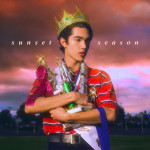
Connect to Conan Gray on
Twitter, Instagram
Discover new music on Atwood Magazine
? © Republic Records




